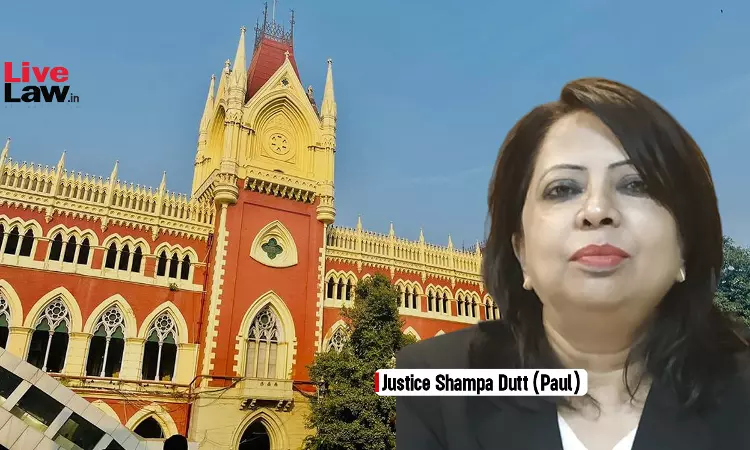Nature Of Duties Determines 'Workman' Status Under Industrial Disputes Act: Calcutta HC
Pranav Kumar
4 March 2025 12:45 PM IST

Next Story
4 March 2025 12:45 PM IST
Calcutta High Court: A Single Judge Bench of Justice Shampa Dutt (Paul) dismissed a writ petition that challenged an industrial tribunal's holding that an accountant was a 'workman' under the Industrial Disputes Act, 1947. The Court ruled that despite his accounting role, the workman primarily performed clerical functions without any supervisory or managerial authority. It explained...
